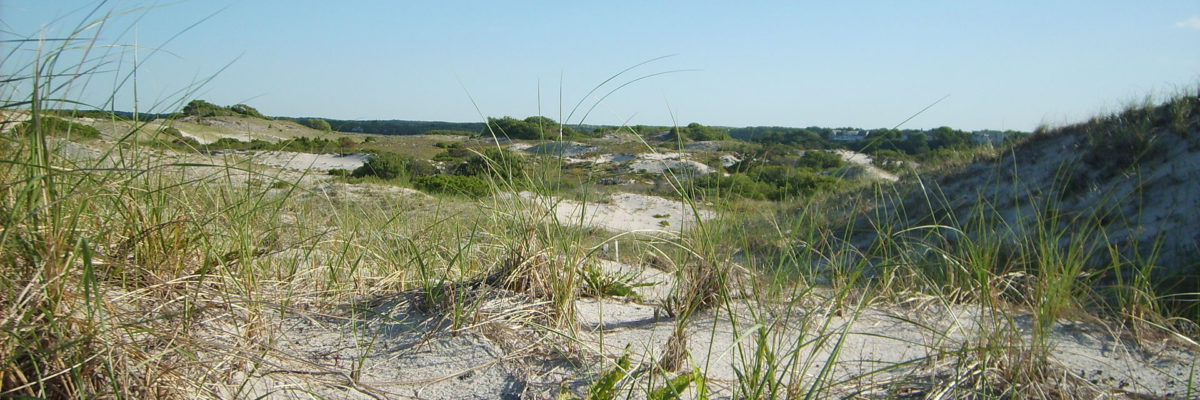The Clinic supports municipalities, regional organizations, and states in developing cutting-edge approaches to advancing climate change mitigation and adaptation goals. Working with coastal and inland cities, towns, and multi-jurisdictional collaborations across the country, students write and analyze model ordinances and bylaws, prepare implementing tools and policy papers, comment on novel initiatives, create litigation strategies, and present to multidisciplinary audiences. Much of the Clinic’s work for clients is confidential, while other material can be broadly shared and scaled up for applicability across communities.
Examples of recent projects include:
- Developing tools for decarbonizing the building sector, including (i) a white paper and model ordinance identifying opportunities for Massachusetts cities and towns to advance “net zero building” goals consistent with state building code restrictions and (ii) working with several municipalities to develop community-specific laws to address greenhouse gas emissions from, and promote energy efficiency in, both new and existing buildings and rental stocks. Cities and towns interested in exploring net zero building and related programs are welcome to contact the Clinic to discuss the issue.
- Commenting on the first municipal bylaw in Massachusetts to limit the use of natural gas in new and modified buildings.
- Developing strategies to promote local and regional resilience to extreme flooding events in the Midwest.
- Advocating for a role for municipalities and regional planning organizations in the Massachusetts Department of Public Utility’s proceeding regarding the future role of natural gas companies given the Commonwealth’s climate change goals.
- Developing governing mechanisms, cost sharing agreements, and RFP criteria for a coalition of Florida municipalities pursuing a joint vulnerability assessment.
- Utilizing zoning to regulate industrial activities that contribute to climate change while protecting and improving the health and resilience of environmental justice communities.
- Creating regulatory and policy approaches to advancing the development of district energy for heating and cooling buildings in Massachusetts.
Other examples of the Clinic’s prior and ongoing work in this field include:
- Recommendations for incorporating climate change adaptation into wetlands ordinance/bylaws for inland Massachusetts municipalities.
- Developing governing mechanisms, cost sharing agreements, and RFP criteria for a coalition of Florida municipalities pursuing a joint vulnerability assessment.
- Developing strategies to promote regional resilience to extreme flooding events in the Midwest.
- Broad and detailed overviews of the legal authority in different cities to take a wide range of identified adaptation and resiliency measures.
- Creating regulatory and policy approaches to advancing the development of district energy for heating and cooling buildings in Massachusetts.
- Identifying opportunities for integrating climate change adaptation and resiliency into property development reviews and preparing implementing tools and guidance.
- Crafting procurement policies that incorporate climate change adaptation and resiliency considerations.
- Strategies for overcoming legal obstacles to municipal microgrids.
- Identifying opportunities for municipalities to work with insurance companies to promote climate adaptation and resiliency.


